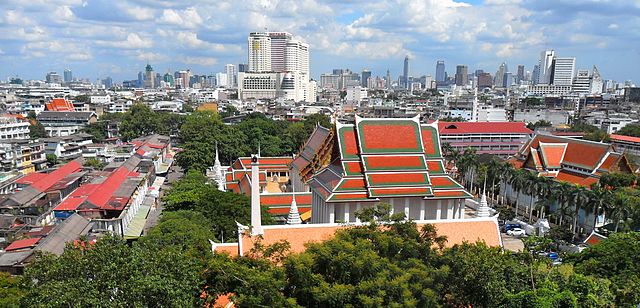Thailand has set its sights on broadening the tax net by incorporating foreign earnings, including profits from cryptocurrency trading, into its income tax calculations for those who live in the country for more than half a year.
The Bangkok Post reported on September 19 that this change is slated to come into play starting January 1, 2024. By 2025, Thai residents must submit their tax forms accounting for their international income. Before this shift in policy, taxes were only applicable on foreign incomes if they were transferred to Thailand in the same year they were earned. With the recent adjustment, any overseas earnings, regardless of whether they're spent within the country, will be taxable.
An official from the Finance Ministry communicated the reasoning behind this decision, stating that all incomes, regardless of their source or the year they were earned, should be subject to taxation if the earner resides in Thailand for an extended period.
The Bangkok Post further elaborated that this move is particularly aimed at individuals involved in trading on international stock exchanges using foreign brokerages, those trading in cryptocurrency, and Thai citizens holding funds in offshore accounts.
Earlier in July, regulatory moves were made by Thailand's Securities and Exchange Commission. They mandated that companies offering digital assets services need to provide clear warnings about the potential risks tied to trading cryptocurrencies. Moreover, the commission set a strict stance against any cryptocurrency lending practices.
Yet, the approach to cryptocurrency regulation in Thailand might see alterations, considering the recent political changes. Newly elected Prime Minister Srettha Thavisin, known for his significant footprint in the real estate sector, played a role in securing $225 million for a pro-cryptocurrency investment management company, XSpring Capital. Last year, under his influence, XSpring even introduced its cryptocurrency token.



























Comment 0